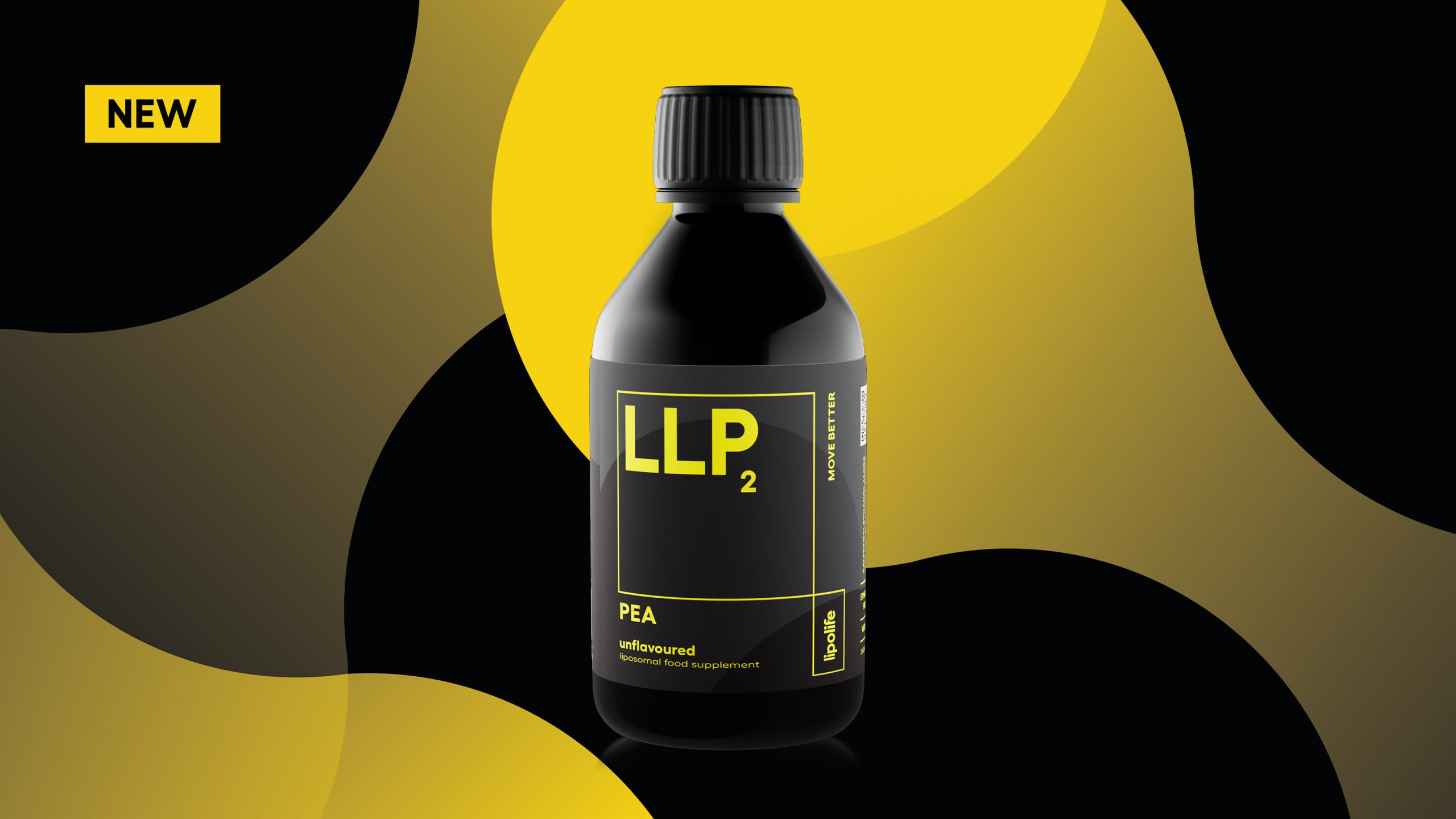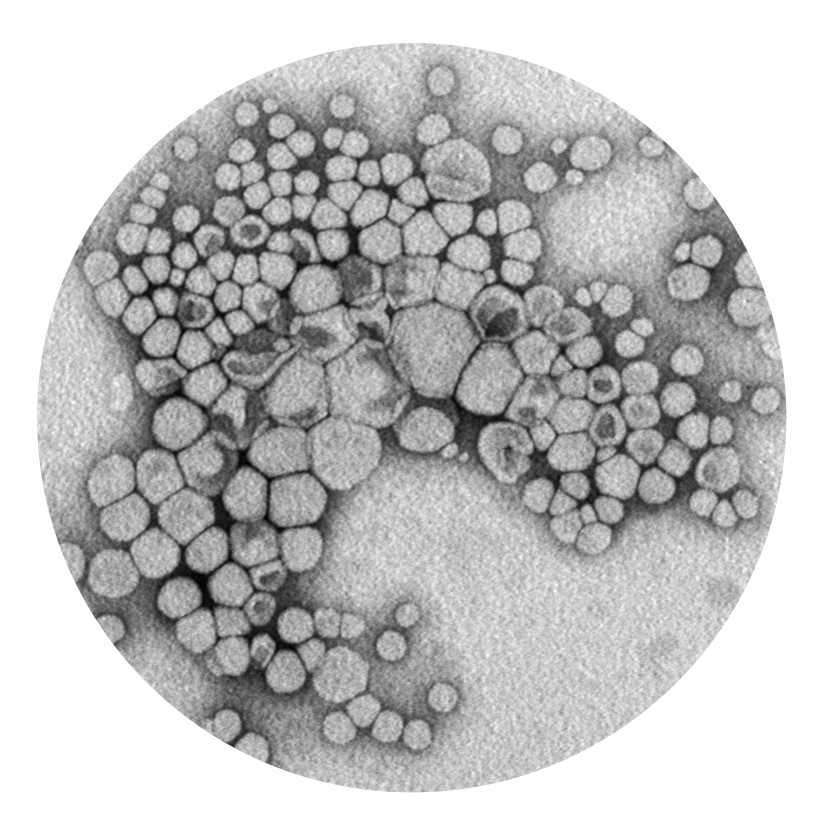Resveratrol – more than just red wine
Date

Resveratrol is a stilbenoid, a type of natural phenol, and a phytoalexin produced naturally by several plants in response to injury or when the plant is under attack by pathogens such as bacteria or fungi.
It has been detected in more than 70 plant species worldwide, including grapes, peanuts, berries, and pines.
Fresh grape skin contains about 50 to 100 μg of resveratrol per gram net weight which subsequently contributes to a relatively high concentration of resveratrol in red wine and grape juice. We often hear about the apparent health benefits of drinking red wine in moderation, sometimes known as “the French paradox,” as this is associated with improved cardiovascular health. The low incidence of heart disease among the French, who eat a relatively high-fat diet, is attributed to amongst other things, the high consumption of red wine in their diet.
Resveratrol has been linked with numerous potential health benefits including being used in the fight against cancer. Studies are on-going and the confirmed effect that resveratrol has on cancer cells is disputed but it is reported that it affects the processes underlying all three stages of carcinogenesis; tumour initiation, tumour promotion and tumour progression. It is also thought resveratrol is able to suppress angiogenesis and metastasis.
Angiogenesis plays a critical role in the growth and spread of cancer cells. A blood supply is vital for tumours to grow beyond a few millimetres and cancer tumours are able to stimulate nearby healthy cells to produce angiogenesis signalling molecules and promote the growth of new blood vessels. These new blood vessels then “feed” growing tumours with oxygen and nutrients, allowing the cancer cells to invade nearby healthy tissue, move throughout the body and form new colonies of cancer cells; this is known as metastasising.
Resveratrol has also been examined in relation to the reversal of impaired glucose tolerance or prediabetes. Short-term supplementation with resveratrol has been associated with having beneficial effects on glucose and lipid metabolism in individuals with type 2 diabetes which typically occurs in those with impaired glucose tolerance.
In 2013, a double blind, placebo-controlled, randomised study monitored the effect of oral resveratrol supplementation (1g a day for 45 days) on the control of glucose metabolism in 66 subjects with type 2 diabetes. Comparison of changes between baseline and end-of-study measures between placebo and intervention groups showed that the supplementation of resveratrol had significantly lowered both fasting glucose and fasting insulin concentrations and had improved measures of glycaemic control and insulin sensitivity. Those participants taking resveratrol supplementation also experienced an increase in the beneficial HDL cholesterol.
In recent years resveratrol has caught the attention of the fitness crowd. According to a 2012 Canadian study, resveratrol supplementation could provide similar skeletal muscle benefits as endurance training. The study discovered “combining resveratrol supplementation with exercise training augmented the beneficial effects of exercise alone” and furthermore found that resveratrol supplementation resulted in an increase of endurance, oxidative metabolism, and enhanced cardiac function. In addition, the study concluded the combination of endurance training with resveratrol supplementation resulted in a performance increase of 21% so it’s certainly clear why the sporting world is interested in adding supplemental resveratrol to a training regime.
The study concludes by stating “[Supplementation with resveratrol] may have clinical utility in many situations where improved physical performance needs to be augmented due to the patient’s inability to perform intense exercise.” When taken orally, resveratrol is well absorbed but its bioavailability is relatively low because it is rapidly metabolised and eliminated, with the liver and lungs as the major sites of its metabolism. Supplementing this powerful polyphenol in a liposome could allow for much higher bioavailability.







